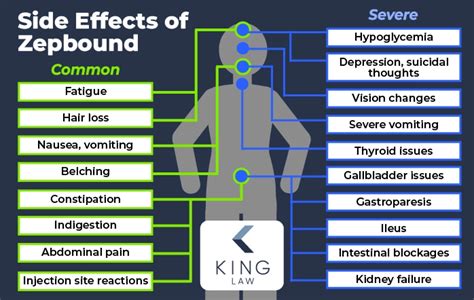Intro
Discover common oxybutynin side effects, including dry mouth, constipation, and dizziness, and learn about bladder control, urinary incontinence, and overactive bladder treatment risks.
Oxybutynin is a medication primarily used to treat overactive bladder and its associated symptoms, such as urinary frequency, urgency, and incontinence. It belongs to the class of drugs known as anticholinergics, which work by relaxing the bladder muscle and increasing the capacity of the bladder. While oxybutynin can be effective in managing overactive bladder, it is not without its side effects. Understanding these side effects is crucial for patients who are considering or are already taking this medication.
The importance of being aware of oxybutynin side effects cannot be overstated. Side effects can range from mild and temporary to severe and long-lasting. They can affect the quality of life and, in some cases, may necessitate a change in medication or treatment plan. It's also worth noting that not everyone experiences side effects from oxybutynin, and the severity and type of side effects can vary significantly from one person to another.
For individuals who are about to start oxybutynin or are already on it, recognizing the potential side effects is a proactive step in managing their treatment and overall health. This knowledge enables patients to be vigilant about their health, to report any unusual symptoms to their healthcare provider promptly, and to work collaboratively with their provider to adjust their treatment plan as needed. Furthermore, understanding the side effects of oxybutynin can help in setting realistic expectations about what to anticipate during the treatment and can facilitate a more informed discussion between the patient and the healthcare provider about the benefits and risks of the medication.
Oxybutynin Side Effects Overview

Common Side Effects of Oxybutynin
Some of the most common side effects of oxybutynin include dry mouth, constipation, and blurred vision. These side effects are a direct result of the drug's anticholinergic properties. Dry mouth, for example, occurs because the medication reduces saliva production. Constipation is another common side effect due to the decreased movement of food through the digestive system. Blurred vision can result from the effects of oxybutynin on the muscles that control the shape of the lens in the eye.Less Common but Significant Side Effects

Managing Oxybutynin Side Effects
Managing side effects is a crucial aspect of oxybutynin treatment. For mild side effects like dry mouth, sucking on sugar-free candy or ice chips can help stimulate saliva production. For constipation, increasing fluid intake and dietary fiber can be beneficial. Regular exercise and a balanced diet can also help mitigate some of the side effects. However, for more severe side effects, it may be necessary to adjust the dosage or switch to a different medication under the guidance of a healthcare provider.Severe Side Effects and Warnings

Special Considerations
Certain populations may be at a higher risk for experiencing side effects from oxybutynin. Older adults, for example, may be more susceptible to cognitive impairment and other anticholinergic side effects due to decreased drug metabolism and increased sensitivity to anticholinergic effects. Pregnant or breastfeeding women should use oxybutynin with caution and only under the guidance of a healthcare provider, as there is limited information on its safety in these populations.Interactions with Other Medications

Conclusion and Next Steps
In conclusion, while oxybutynin can be an effective treatment for overactive bladder, it's crucial for patients to be aware of its potential side effects. By understanding these side effects, individuals can better manage their treatment, recognize when to seek medical help, and work closely with their healthcare provider to find the best approach for their specific needs. Whether you're considering oxybutynin or are already on the medication, being informed and proactive about your health can make a significant difference in the success of your treatment and your overall well-being.What are the most common side effects of oxybutynin?
+The most common side effects of oxybutynin include dry mouth, constipation, and blurred vision. These are typically mild and temporary but can vary in severity from one person to another.
Can oxybutynin cause severe side effects?
+Yes, while rare, oxybutynin can cause severe side effects such as allergic reactions, angioedema, hallucinations, seizures, and severe abdominal pain. These conditions require immediate medical attention.
How can I manage oxybutynin side effects?
+Managing oxybutynin side effects can involve lifestyle changes such as increasing fluid intake and dietary fiber for constipation, and using sugar-free candies or ice chips for dry mouth. In some cases, adjusting the dosage or switching to a different medication under the guidance of a healthcare provider may be necessary.
